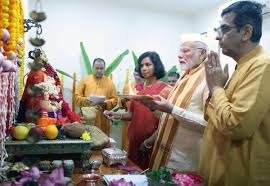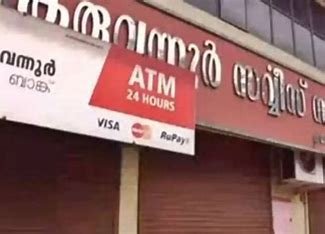Prime Minister Narendra Modi’s visit to Chief Justice of India (CJI) DY Chandrachud’s home on September 11 for a Ganpati Puja has stirred political controversy. Opposition leaders, particularly from the Uddhav Thackeray faction of the Shiv Sena, voiced concerns about the potential conflict of interest, with some suggesting that the visit could cast doubts on the judiciary’s impartiality. Shiv Sena MP Sanjay Raut went as far as urging the CJI to recuse himself from certain cases involving the Shiv Sena, questioning the optics of the visit.
In response, the BJP strongly defended the Prime Minister’s participation in the religious ceremony, calling it a reflection of India’s cultural traditions. BJP leader Shehzad Poonawalla criticized the opposition for politicizing the event, emphasizing that attending religious functions is common in Indian culture. He argued that the visit should not be misconstrued, as it was in line with cultural practices rather than indicative of any impropriety between the judiciary and the executive.
This debate has ignited discussions about the boundaries between social courtesies and professional duties in the context of India’s separation of powers




